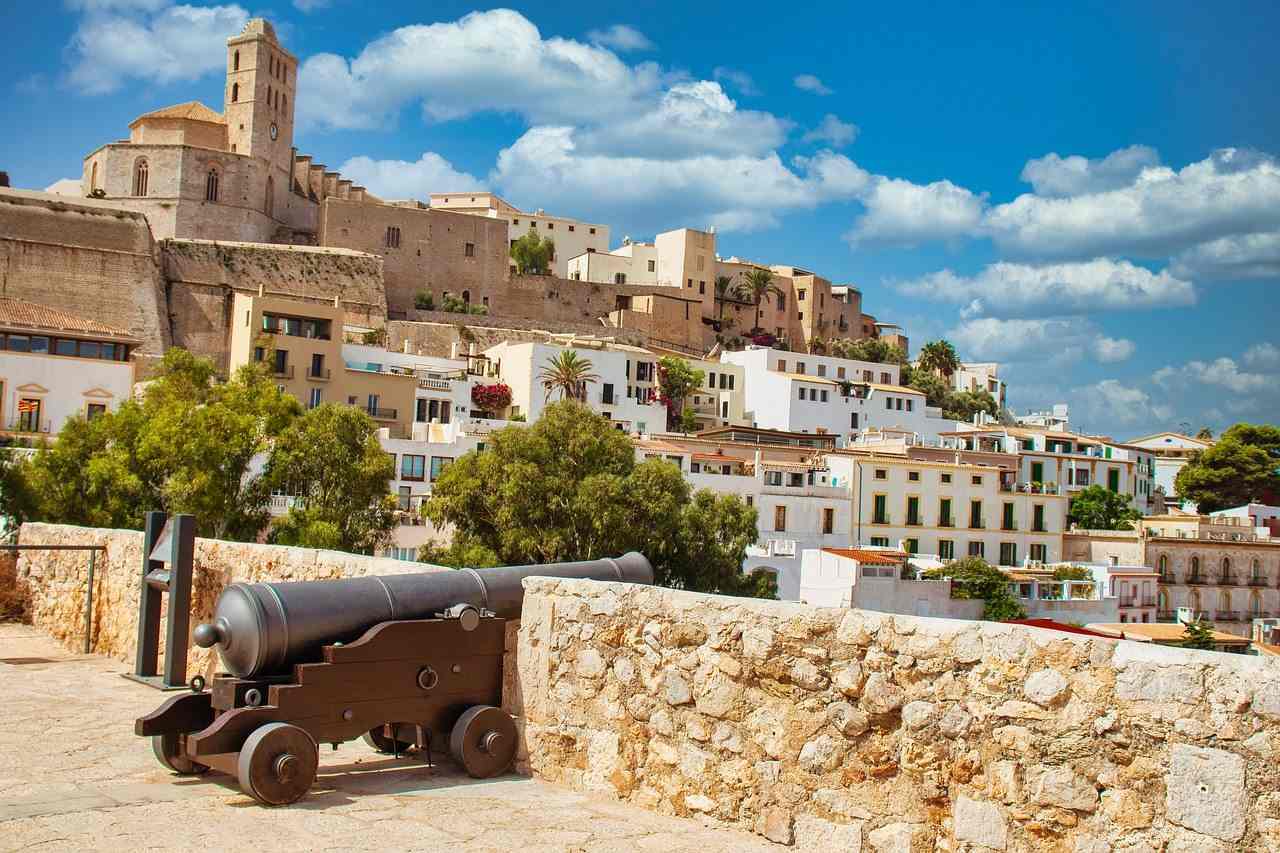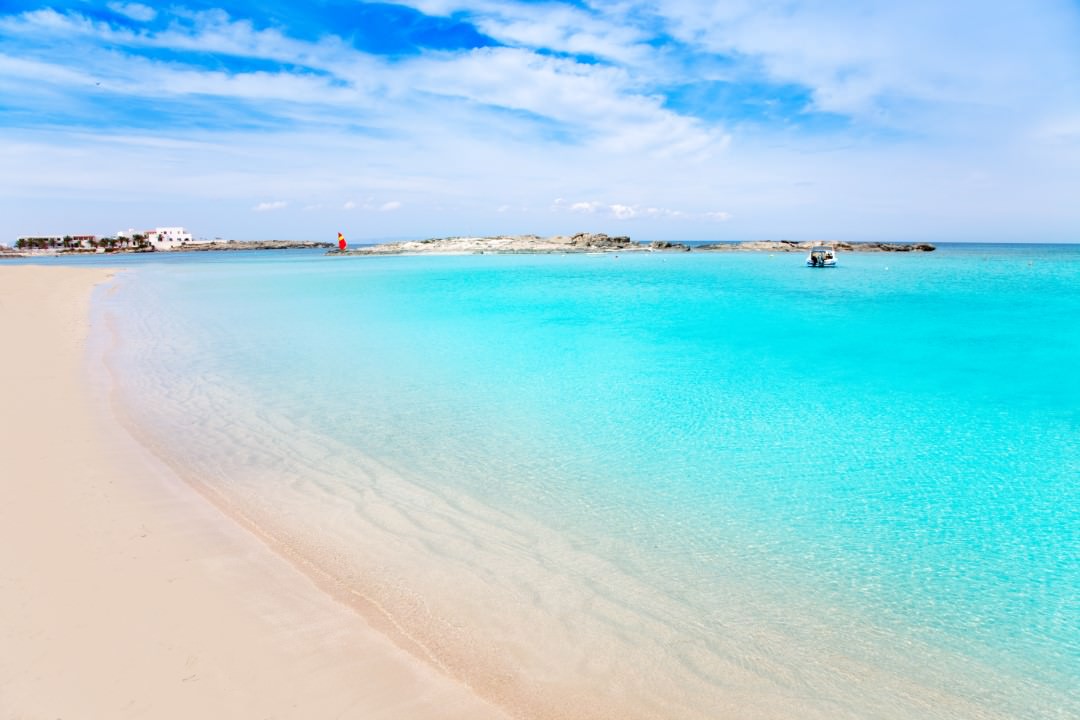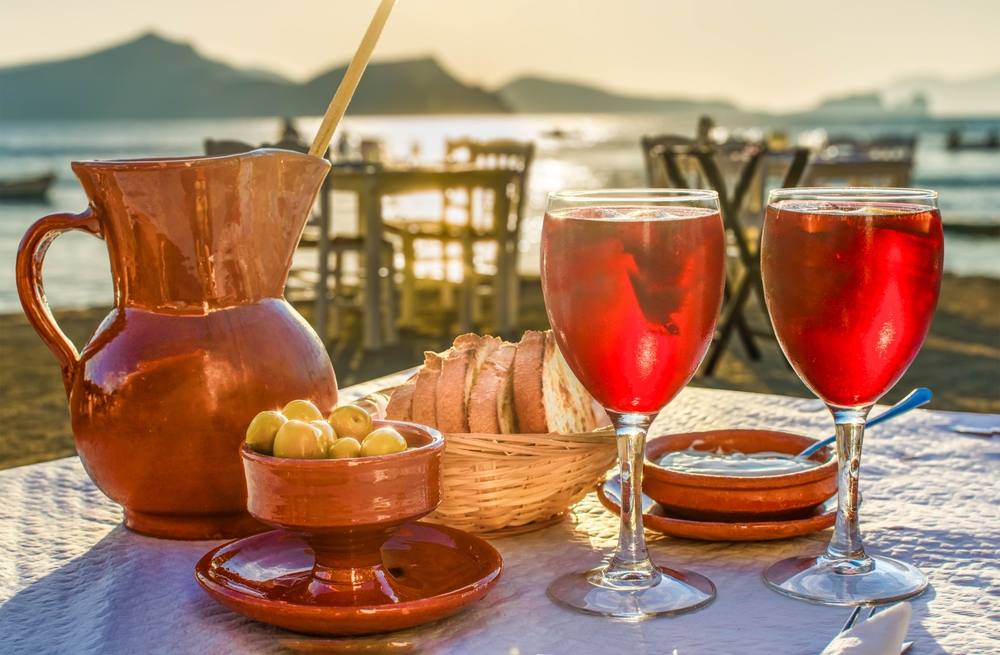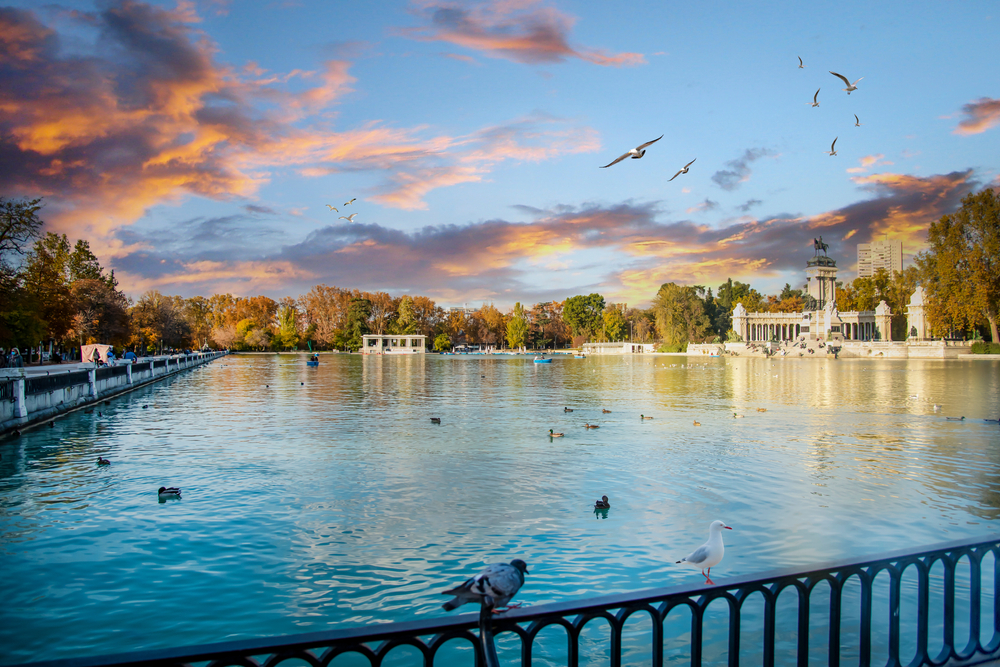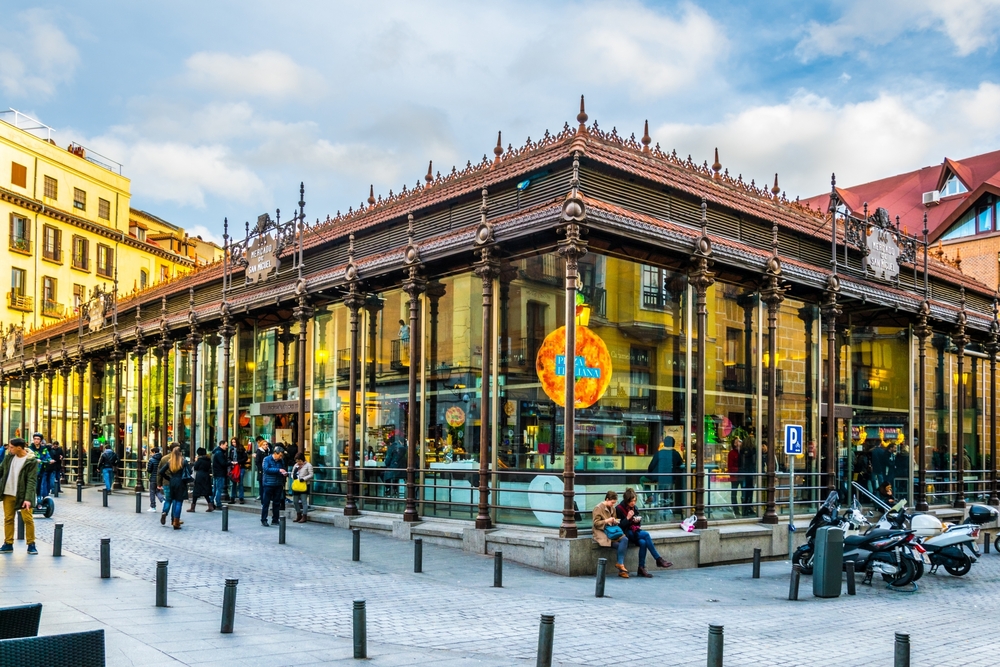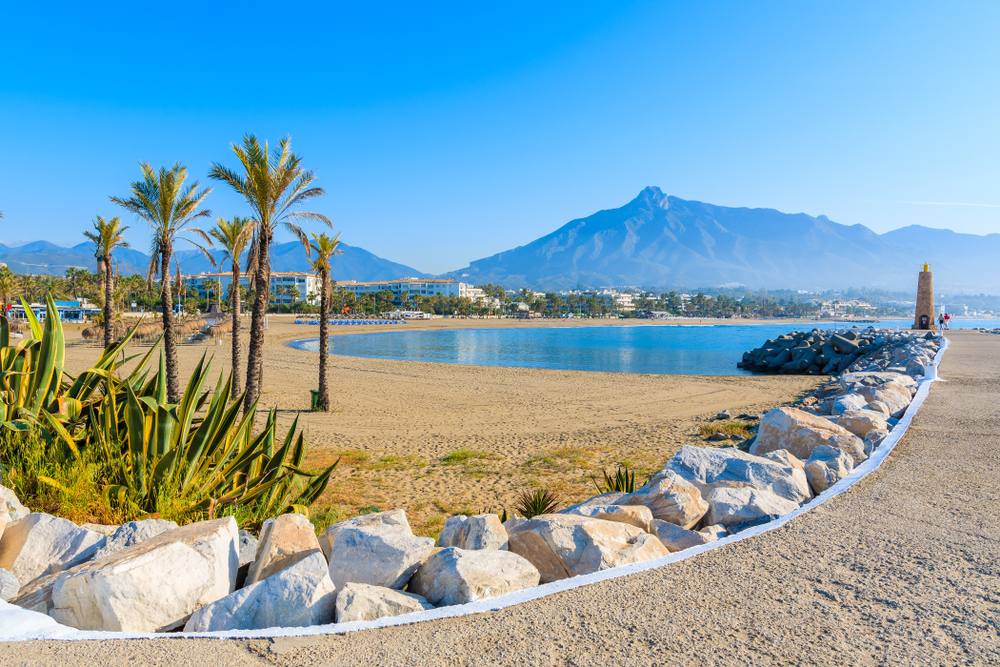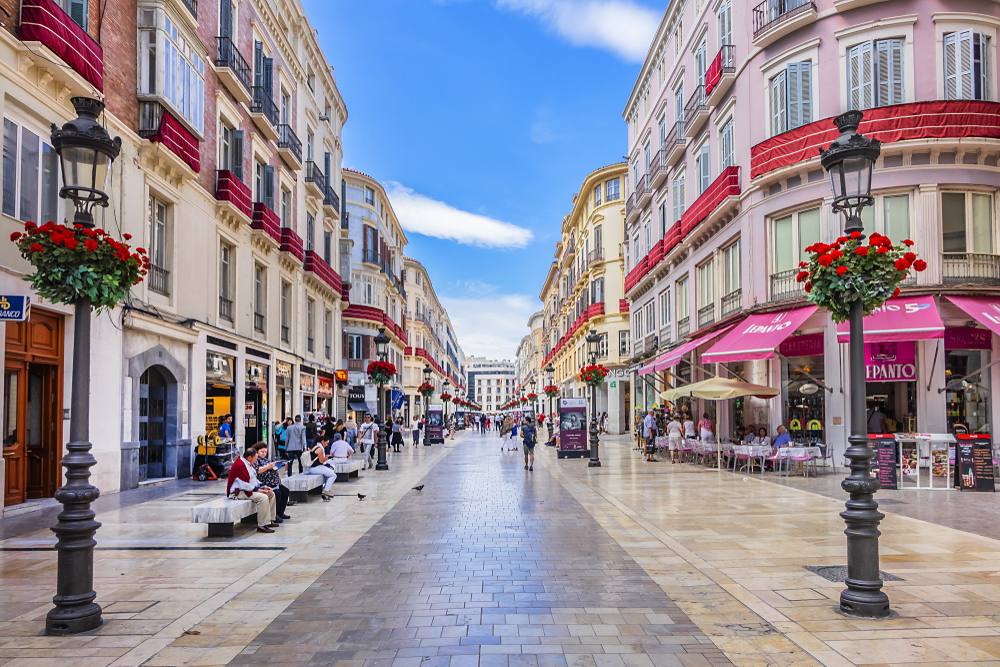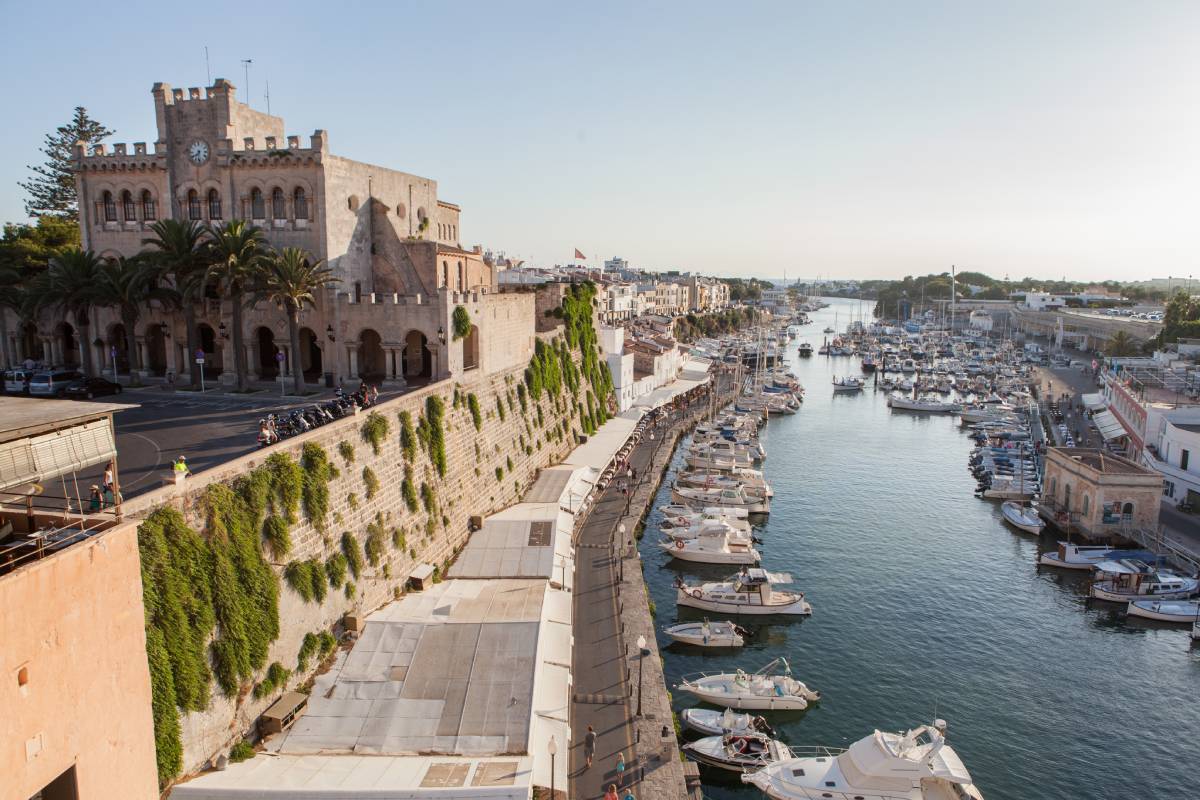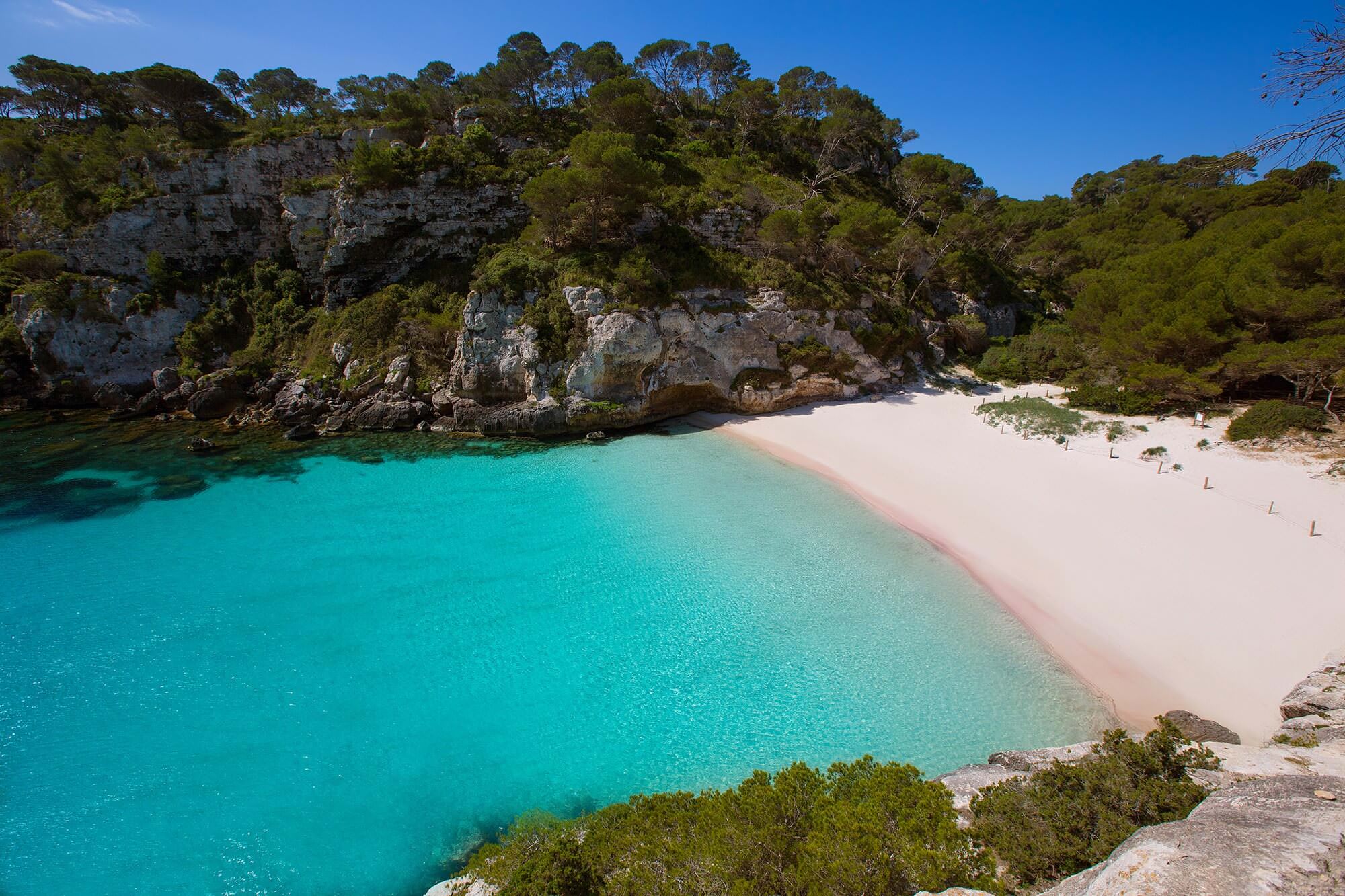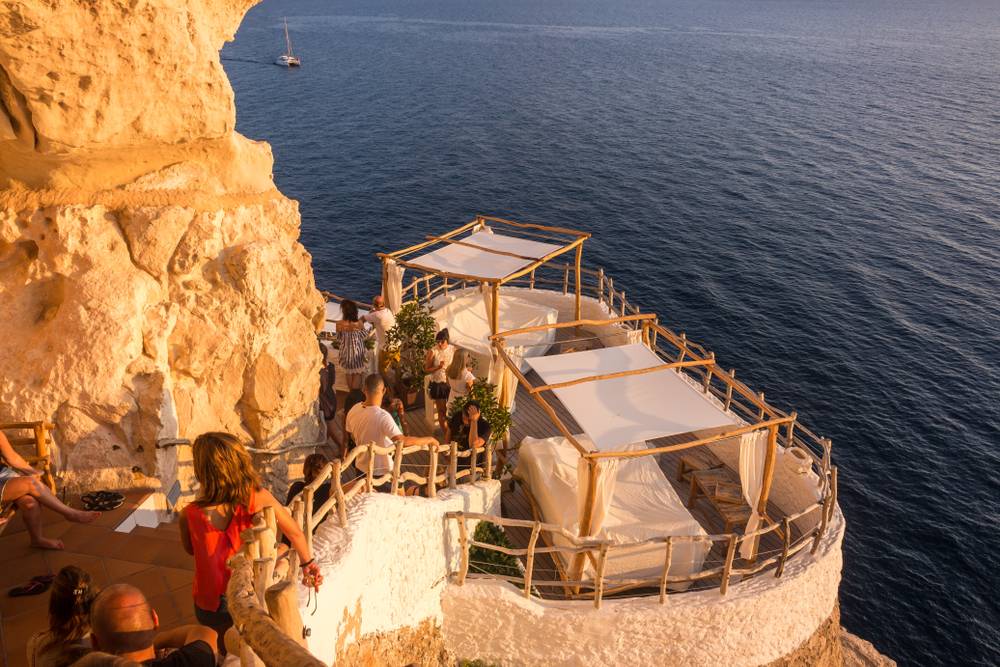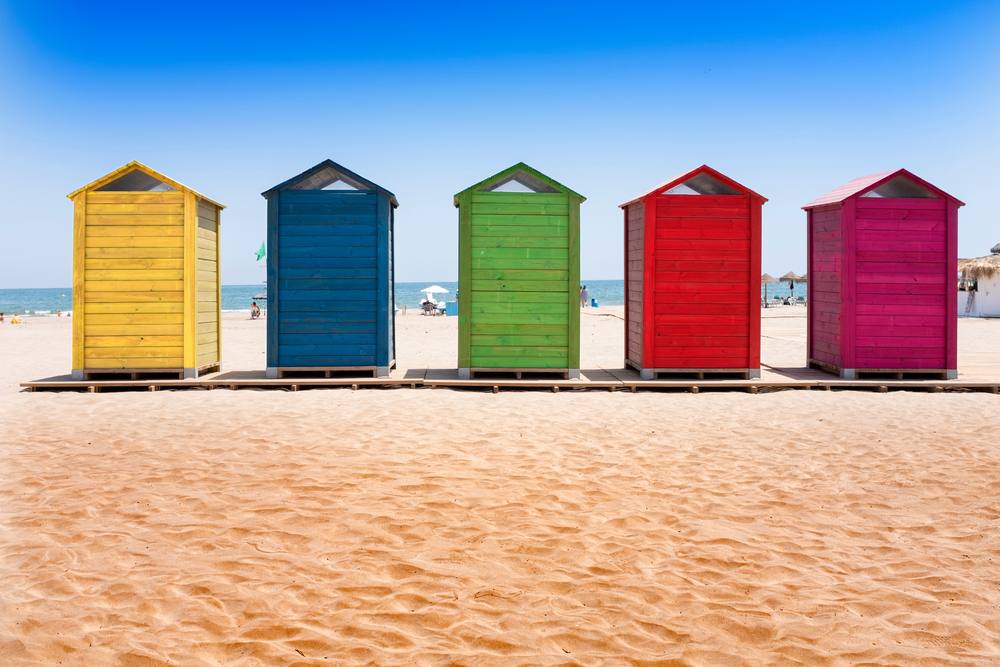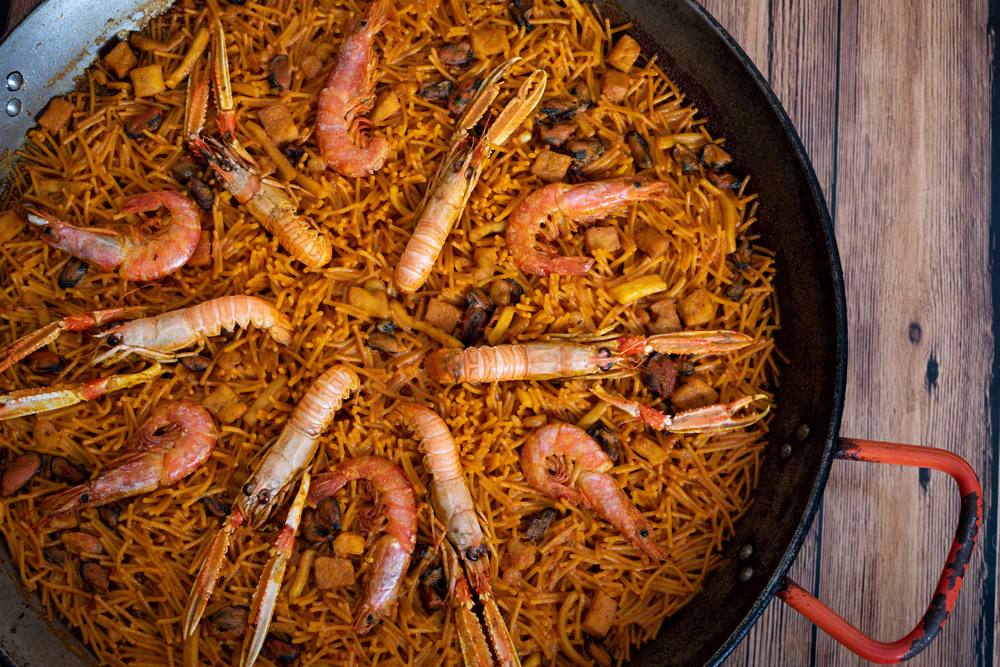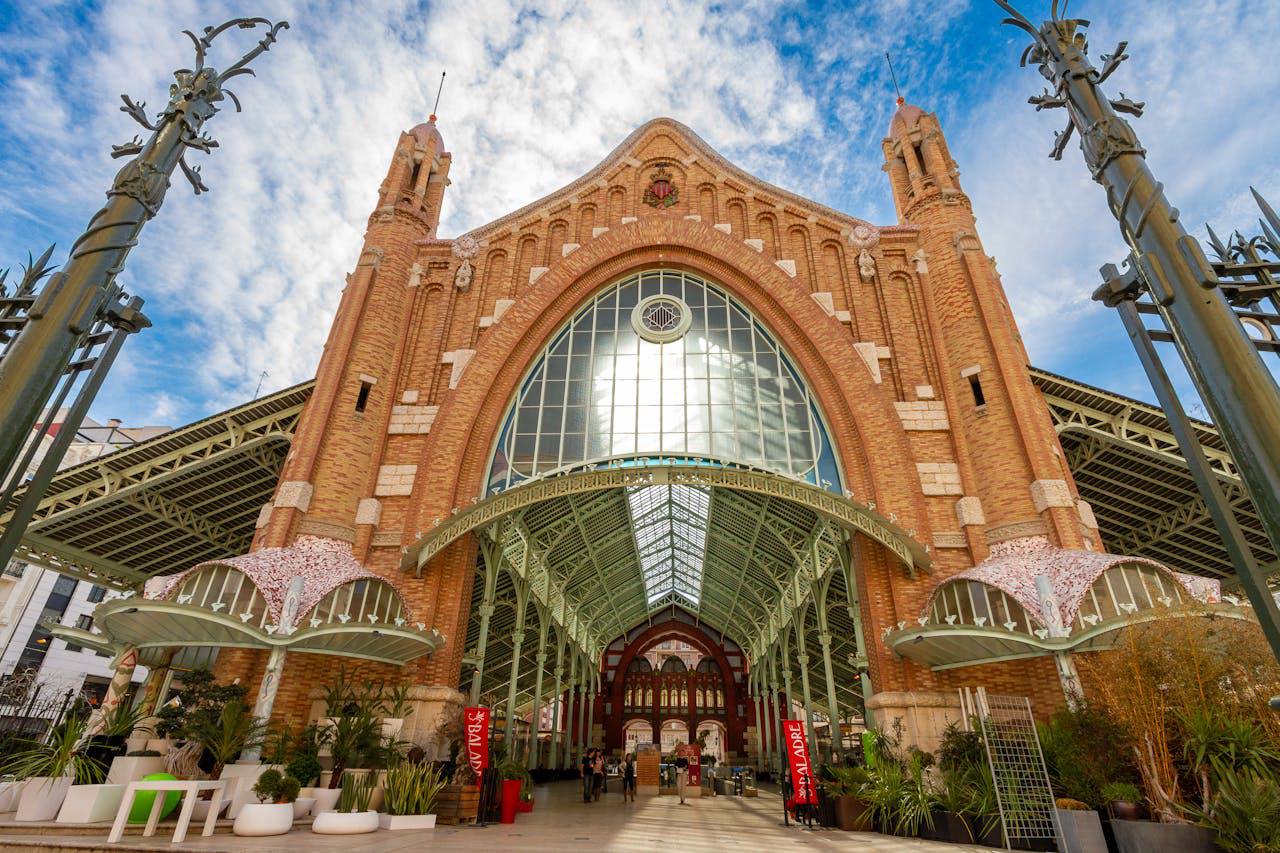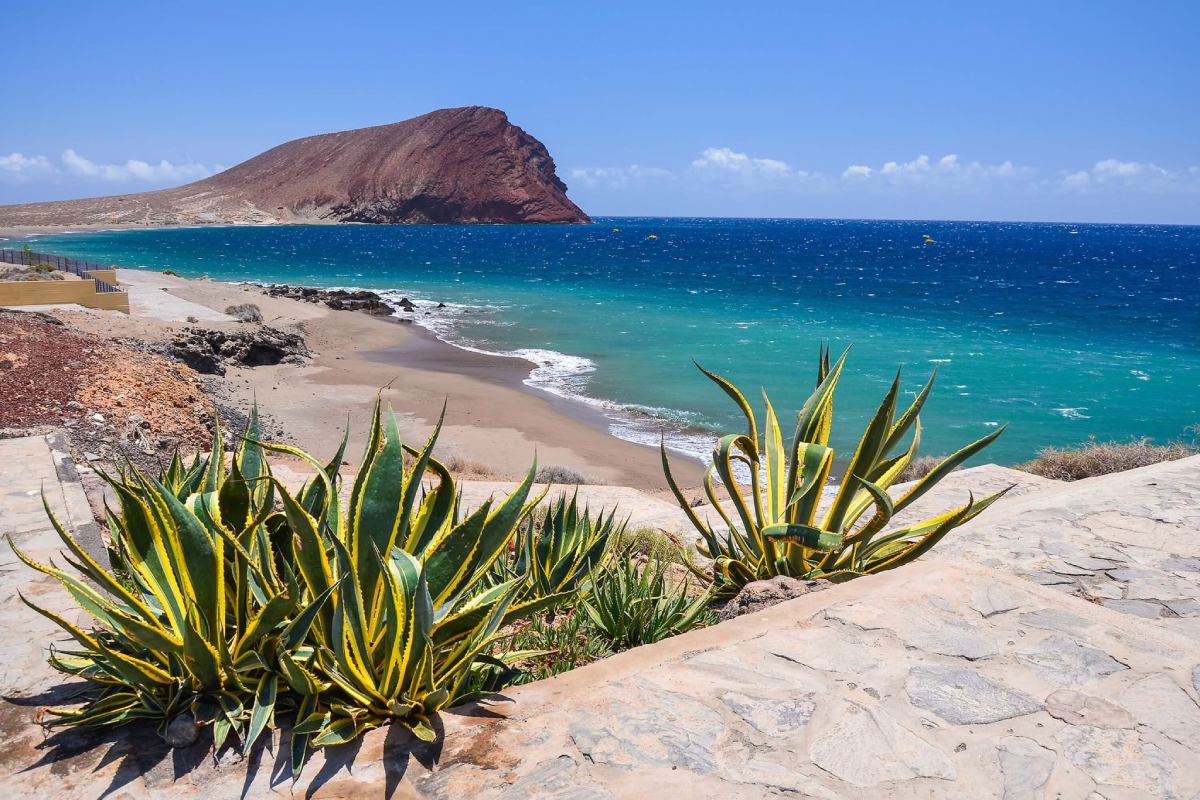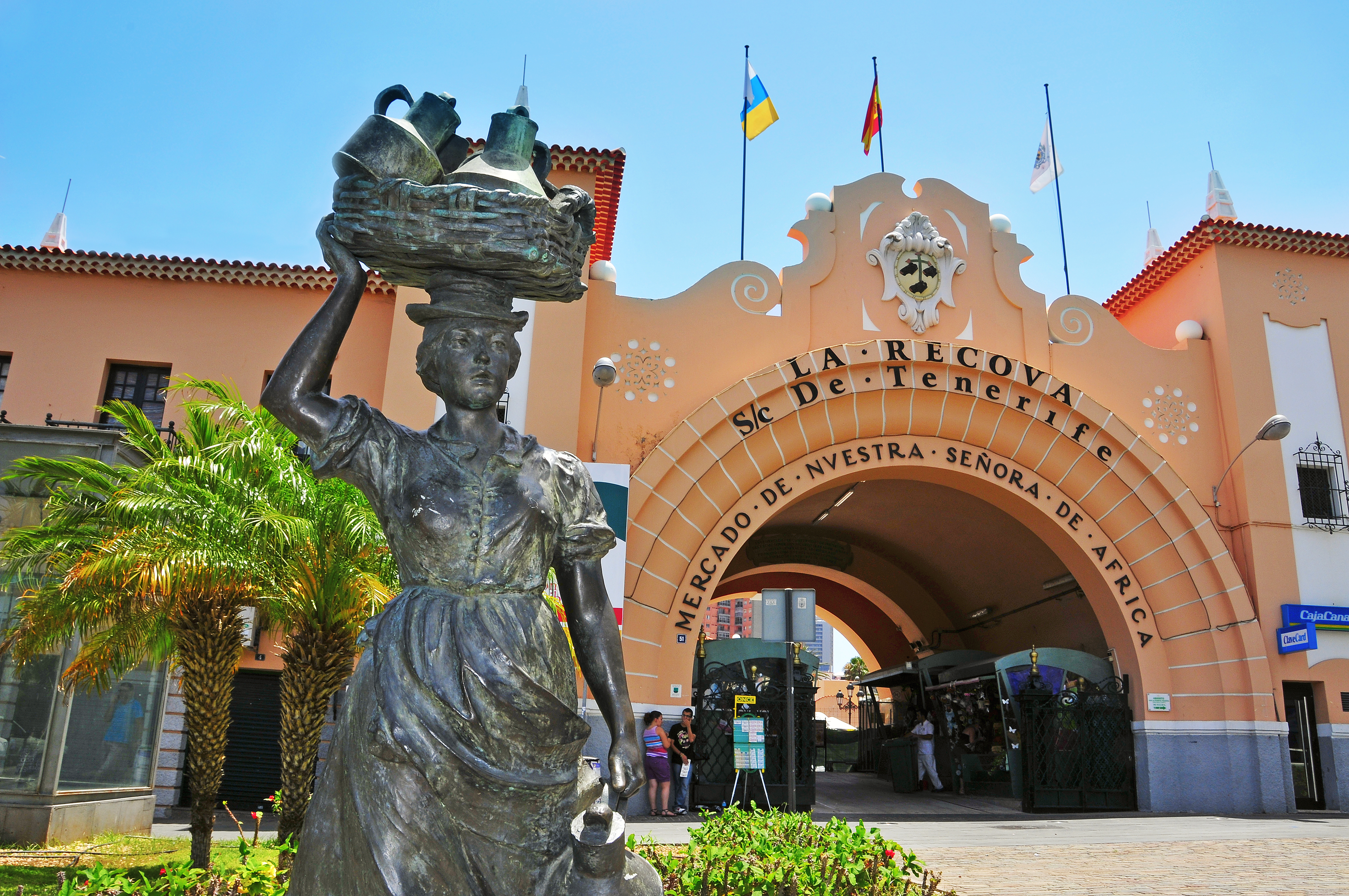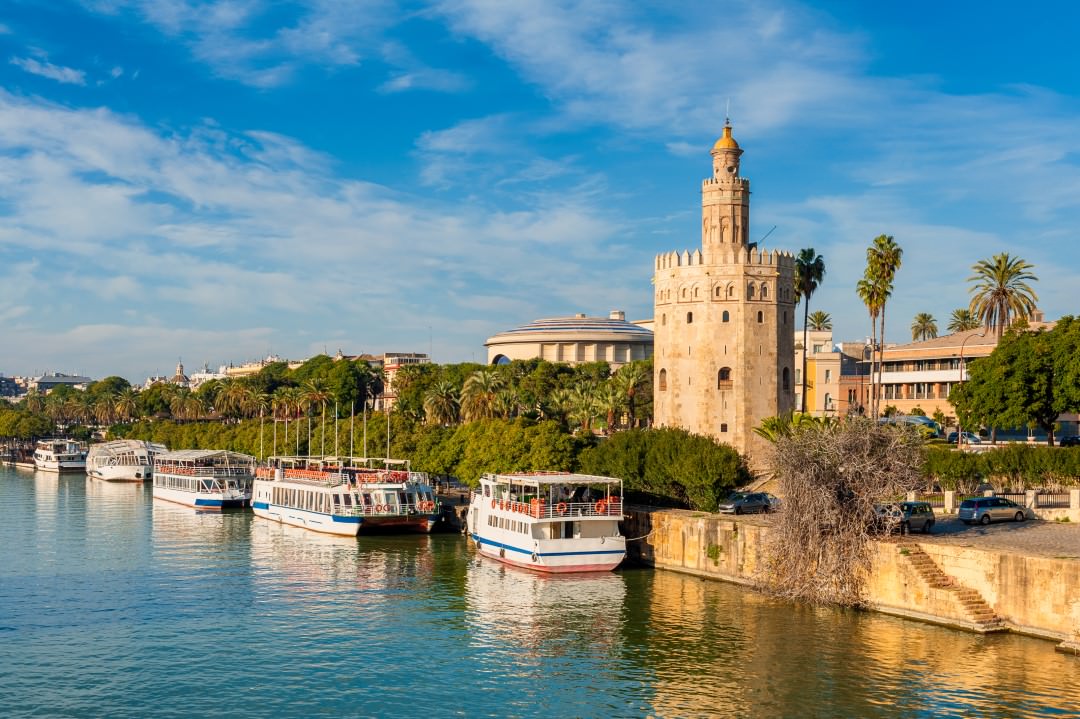Session Expired
Your session has expired. Please log in again
Reservation by telephone. Manage your booking with Palladium
Are you calling from outside Spain?
See all phonesHotels
Hoteles
How is your ideal hotel?
- Bahia
- Cap Cana
- Punta Cana
- Santo Domingo
- Sicily
- Montego Bay
- Cancun: Costa Mujeres
- Riviera Maya
- Riviera Nayarit
- Barcelona
- Ibiza
- Madrid
- Malaga
- Menorca
- Sevilla
- Tenerife
- Valencia
- Playa d'en Bossa
- San Antonio
- Santa Eulàlia
- Grand Palladium Select Palace Ibiza
- Grand Palladium White Island Resort & Spa
- Hard Rock Hotel Ibiza
- The Unexpected Ibiza Hotel
- Ushuaïa Ibiza Beach Hotel
- Palladium Hotel Palmyra
- TRS Ibiza Hotel
- The Signature Level at TRS Ibiza Hotel
- BLESS Hotel Ibiza
- Palladium Hotel Cala Llonga
- New York
Nuestros hoteles son más que hoteles
Nuestros hoteles son más que hoteles
-
0 800 102 61 91UK Free
-
0 800 000 4657Germany Free
-
800 141 734Italy Free
-
0034 971 92 64 86Other countries Europe Free
-
800 990 1234Mexico Free
-
1 888 660 90 70USA Free
-
1 866 778 9077Canada Free
-
0052 984 873 48 25Other countries
-
1 849 937 08 17Dominican Republic Free
-
+55 7 140 40 41 15Brazil
-
0800 3458102Argentina Free
-
800 914591Chile Free
-
01800 5184354Colombia Free
-
+1 844 411 00 77Jamaica Free
Spain, sun, culture, and the best cuisine
Spain is a destination with immense and fascinating cultural, natural, and culinary heritage: modern and ancient cities, protected natural areas, wild and idyllic beaches, flamenco, tapas, and fine dining. The climate is mild throughout the year but still undergoes seasonal changes, and the people will charm you. Most Spanish airports are served by airlines offering connections to the world’s major cities. Spain has an excellent national railway network connecting the country’s main cities and regions, high-speed trains, buses, and car rental companies.
There’s a lot to discover in Ibiza
Madrid, full of secrets
Explore Málaga
Enjoy Menorca
Experience Valencia
Discover Tenerife
Discover Sevilla
The Spanish coastline is considered one of the best in Europe.
From the crystal-clear waters of the Mediterranean to the idyllic coves of the Balearic Islands, the volcanic beaches of the Canary Islands, and the rugged Cantabrian coastline, here you’ll find sun and sea in the best possible conditions for relaxing, taking a dip, or practicing water sports. Spain is also home to numerous protected natural areas, such as the waterfalls in the Ordesa y Monte Perdido National Park, the Picos de Europa National Park, the Doñana National Park, and the Sierra Nevada. In these places, you can hike, ski, cycle, golf, go spelunking, and bird-watch, among other activities.
Additionally, Spain’s cultural heritage is unrivaled. Cities like Madrid, Barcelona, Málaga, Bilbao, Valencia, and Seville are examples of the historical legacy and artistic wealth of this country. These cities offer museums, archaeological remains, Castilian palaces, Gothic cathedrals, alcazars from Al-Andalus, and cutting-edge centers devoted to scientific and technological innovation. The good weather and cheerful nature of the people also facilitate outdoor events (notably Easter and the April Fair), music festivals, nightlife, and the iconic flamenco shows.
You can’t talk about Spain without mentioning its extraordinary cuisine. In addition to the famous paella and Spanish omelet, every region in Spain offers a variety of irresistible traditional dishes. Hearty stews like cocido madrileño from Madrid or fabada asturiana from Asturias are perfect for cold days, while seasonal vegetables, fresh fish and seafood, and exquisite desserts and sweets (Sevillian mantecados, Catalan cream, Mallorcan ensaimadas, etc.) are also typical. World-renowned Spanish chefs have transformed these traditional recipes into true masterpieces in their fine-dining restaurants.
Immerse yourself in a rich and diverse culture that celebrates joy and a passion for life and enjoy the hospitality and warmth of its people.
Recommendations for your trip to Spain
-
What documents do I need to travel to Spain?
Your passport or travel document is always necessary. It must be valid for at least three months after the planned date of departure from the Schengen Area and it must have been issued no more than ten years before the date of entry.
-
Should I get vaccinated before traveling to Spain?
- Required: None.
- Recommended: None.
-
Do I need travel insurance?
It is recommended you have international health insurance, especially if you are not a citizen of the European Union, Switzerland, Norway, Iceland, Liechtenstein, or a country with a bilateral health agreement with Spain that covers medical assistance.
-
When is the best time to visit Spain?
Any season is good for visiting, as temperatures are mild year-round. In the south, summers are very hot, and in the north, winters are cold, with abundant rainstorms.
-
What should I pack?
It is recommended you wear a hat, sunglasses, lightweight warm clothing, comfortable shoes, and a raincoat.
-
How is the weather in Brazil?
Spain is a sunny country with about three thousand hours of sunshine annually. Temperatures are mild, but there are seasonal and regional differences. The lowest temperatures are usually in January and February, which also coincide with rain, especially in the north.
-
How to pay in Spain?
The official currency is the euro (€). You can check the current value on the European Central Bank website. Cash withdrawals are typically made from ATMs at bank branches.
-
What are the most popular tourist areas?
The most popular tourist destinations are the Balearic Islands, the Canary Islands, Andalusia, Barcelona, and Madrid.
- See more questions










